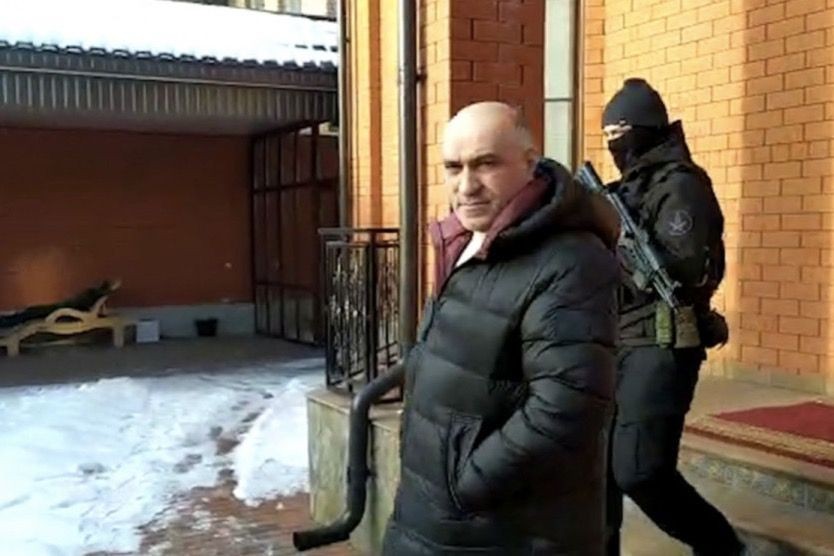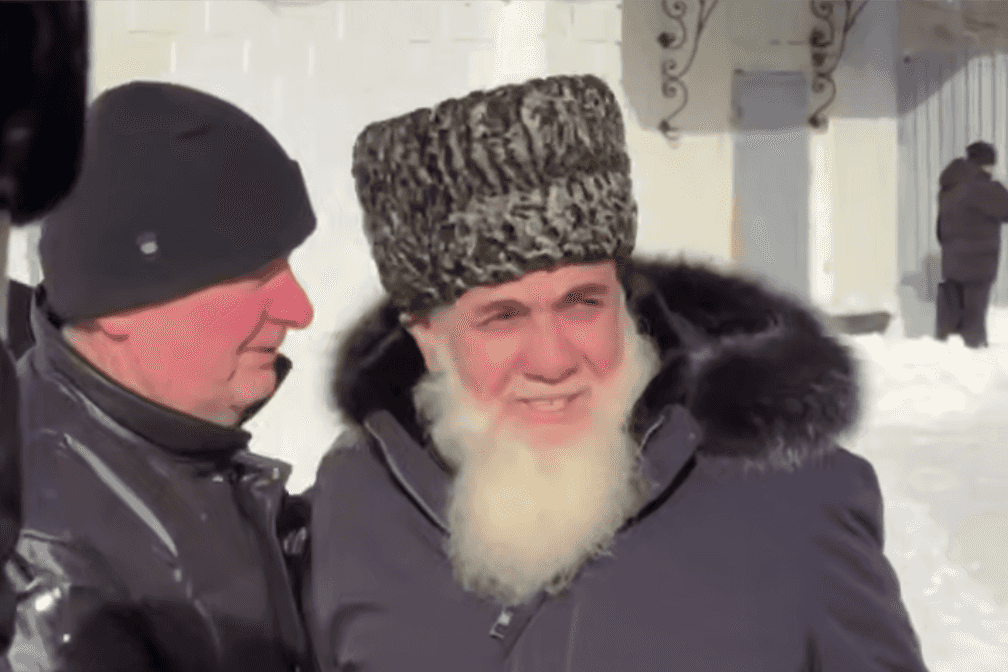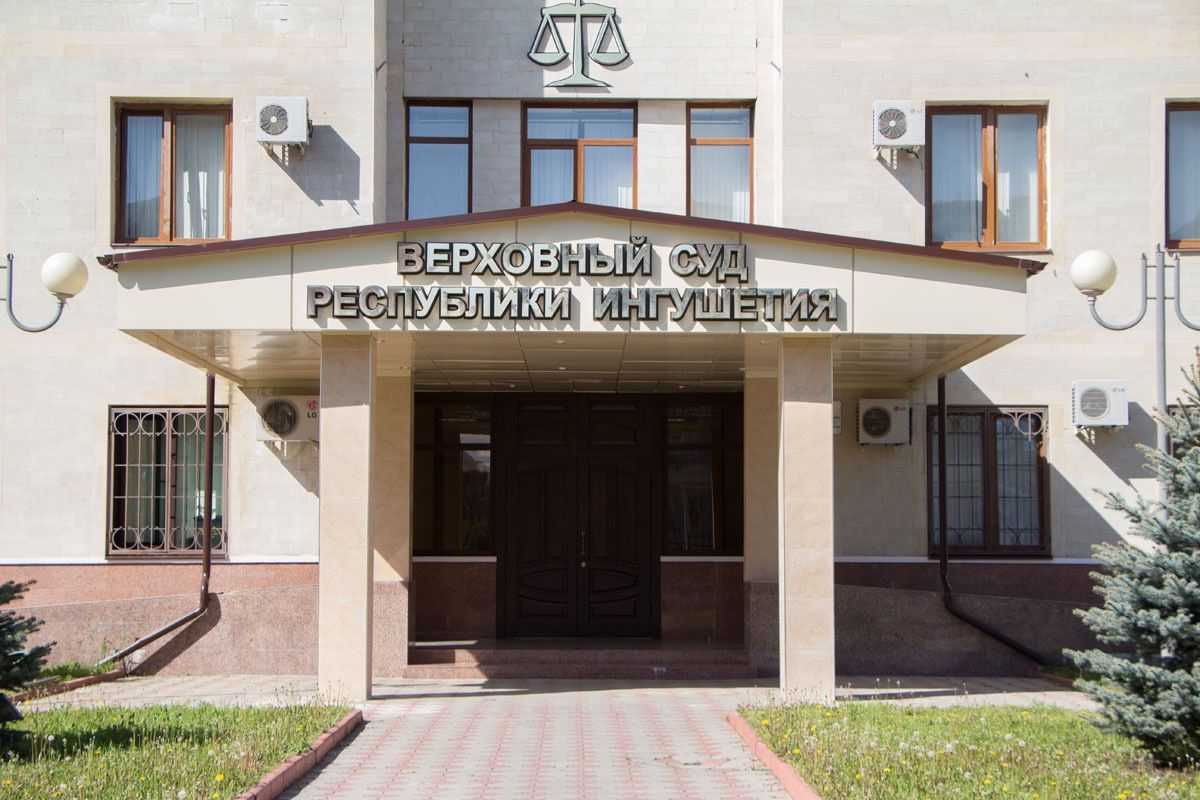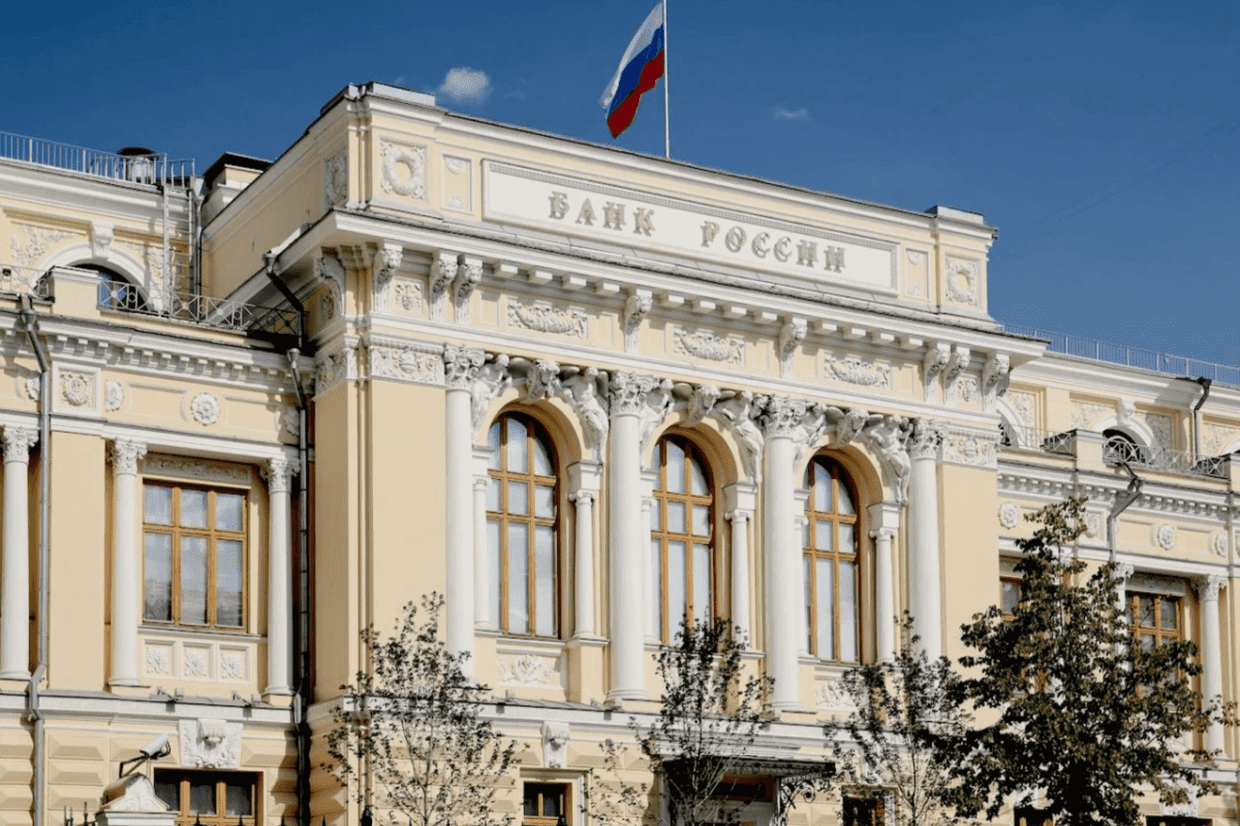
Ingushetia’s former Interior Minister, Akhmed Pogorov, has been sentenced to nine years on charges of organisation violence against the authorities and participating in an ‘extremist community’ during the 2018–2019 protests against a deal that handed over swathes of Ingush territory to Chechnya.
The Nalchik City Court delivered its verdict against Pogorov on Thursday. Pogorov was arrested in February 2021 after the protests against the land agreement with Chechnya. The court hearings lasted for approximately two-and-a-half years, with proceedings repeatedly postponed, and sessions being held behind closed doors.
Over almost two years of judicial investigation, 11 prosecution witnesses and only one of the 67 ‘victims’ were questioned. At the same time, 57 of them have been kept confidential in the case.
The prosecution requested a 13-year sentence, but the court sentenced Pogorov to nine years. The conditions under which he is to serve his sentence, including the type of prison, were not specified in Memorial’s report.
During the trial and investigation, the 62-year-old Pogorov spent most of his time in a pre-trial detention centre. His lawyers noted that his detention continued despite deteriorating health. Human rights defenders reported that Pogorov had been diagnosed with ischaemic heart disease and hypertension.
Pogorov is the 50th person to be convicted in the so-called ‘Ingush case’.
The case stemmed from protests which erupted in 2018–2019 in the republic, where thousands of Ingush residents took to the streets to oppose the transfer of 9% republic’s territory to Chechnya.
The protests began after an agreement was signed between the Heads of Ingushetia and Chechnya on 26 September 2018. The largest demonstrations took place in March 2019 in Magas, the capital of Ingushetia.

Some of the leaders of the protest movement have already been found guilty: in December 2021 seven activists received prison terms ranging from seven-and-a-half to nine years. They were found guilty of organising violence at the rally in Magas on 27 March 2019 and of creating an ‘extremist community’.
Taking into account the time spent in the detention centre, some of them have already served their sentences. Memorial and other human rights defenders consider many of those involved in the ‘Ingush case’, including Pogorov, to be political prisoners.
Pogorov served as Interior Minister between 2002–2003. He became a key opposition figure when the protests began, joining the Ingush Committee of National Unity, becoming a co-chair of the World Congress of the Ingush People, and taking part in anti-corruption investigations.











